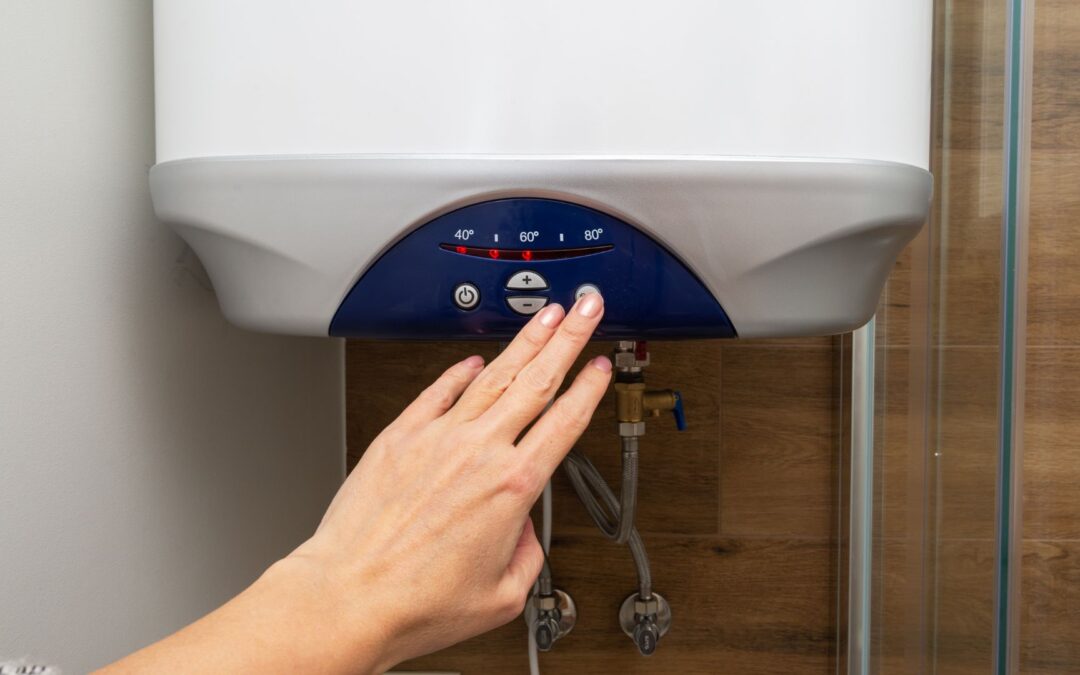When it comes to heating water for your home, you have two primary options: traditional tank water heaters and newer tankless models. Both have their pros and cons, and choosing the right one depends on your household’s needs, energy efficiency goals, and budget. Let’s break down the differences between the two, so you can decide which is the best fit for your home.
Tank Water Heaters: The Traditional Option
Tank water heaters have been a household standard for decades. These units store a large volume of water (typically 40–80 gallons) and heat it continuously, ensuring that hot water is readily available.
Pros:
- Lower Upfront Cost: Tank water heaters are usually less expensive to purchase and install compared to tankless systems. This makes them an attractive option for homeowners on a budget.
- Consistent Supply of Hot Water: A tank water heater ensures a constant supply of hot water until the stored water runs out. This can be helpful for families who may use hot water simultaneously in different parts of the house.
Cons:
- Energy Inefficiency: One major drawback is that tank water heaters heat and reheat water throughout the day, regardless of whether you’re using it. This “standby heat loss” can increase your energy bills over time.
- Limited Hot Water Supply: Once the stored water runs out, you’ll have to wait for the tank to refill and reheat, which could take a while, especially during peak usage times.
- Larger Space Requirement: Since they need to store hot water, tank heaters take up more space, which can be a concern for homes with limited utility space.
Tankless Water Heaters: The Modern Choice
Tankless water heaters, also known as on-demand water heaters, heat water only when you need it. They don’t store water but instead use a high-powered heat exchanger to deliver hot water instantly as it flows through the unit.
Pros:
- Energy Efficiency: Since tankless water heaters only heat water when it’s needed, they eliminate standby heat loss, making them much more energy-efficient. This can lead to significant savings on your utility bills, especially for larger households.
- Unlimited Hot Water: With a tankless system, you never run out of hot water. Whether you’re taking multiple showers or running the dishwasher and washing machine at the same time, a tankless heater can keep up with demand as long as it’s sized properly.
- Space-Saving Design: Tankless water heaters are compact and can be installed on a wall, making them ideal for homes with limited space or where utility closets are tight.
Cons:
- Higher Initial Cost: The upfront cost of a tankless water heater is higher than that of a traditional tank heater. Installation can also be more expensive due to the need for specialized venting and possibly upgrading the electrical or gas lines.
- Output Limitations: While a tankless heater provides continuous hot water, it has a limited flow rate. If multiple water fixtures are in use at the same time, such as multiple showers, the unit may struggle to keep up unless it’s properly sized or you install more than one unit.
Which is Right for You?
Deciding between a tank and a tankless water heater depends on your home’s specific needs. If you have a larger household that uses a lot of hot water, a tankless system could offer more efficiency and endless hot water supply. However, if you’re on a tighter budget and have lower hot water demands, a traditional tank heater might be a better option for your home.
Consider a Tank Water Heater If:
- You want a lower upfront cost.
- Your household doesn’t use a large amount of hot water at once.
- You have the space to accommodate a larger unit.
Consider a Tankless Water Heater If:
- Energy efficiency and saving on utility bills is a priority for you.
- Your household uses a lot of hot water throughout the day or all at once.
- You have limited space and want a more compact water heating system.
Final Thoughts
Both tank and tankless water heaters have their benefits, and the choice ultimately comes down to your specific needs and priorities. Tankless heaters offer long-term savings and a continuous hot water supply but come with a higher upfront investment. Meanwhile, traditional tank heaters provide reliable hot water at a lower cost but may not be as energy-efficient. If you’re unsure which option is right for your home, consult with a plumbing professional who can help assess your household’s water usage and recommend the best system for your needs.

